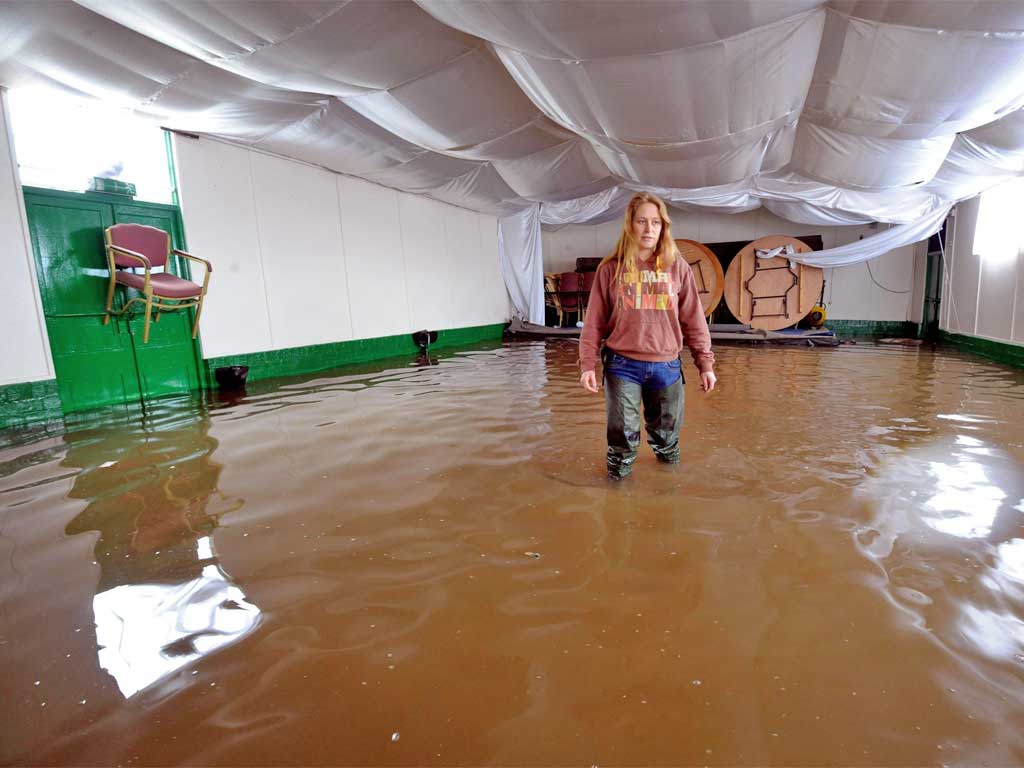Bills must rise to combat drought in future, Lords warn
Committee says higher prices would encourage people not to waste resources in times of scarcity

Water bills should rise, and taking water from rivers should be curbed,a House of Lords committee said yesterday to help Britain handle its water supplies in times of drought and scarce resources.
Water bills should go up to encourage people to save water, and river abstraction should be scaled back because it is damaging to the environment, said the Lords Agriculture, Fisheries and Environment EU sub-committee.
The report comes as much of England remains in drought despite the wettest April on record. The committee said that the EU must start planning immediately for a future where water resources would be more uncertain.
In Britain specifically, they said, political direction was needed to link up water suppliers, so that companies in water-rich areas could supply drier parts of the country and to promote water efficiency. But where other measures to tackle water scarcity had failed, the Government would have to allow the cost of water to rise.
The Government must also speed up efforts to change rules on taking water from rivers, for homes, businesses and irrigation, because of the damage it was doing to nature. More than one in 10 rivers are being abstracted to the point where it is damaging the natural environment, but the Government has set a target date for reforming the system by the mid to late 2020s, which the Lords say is too late.
Earlier yesterday, the Government was warned that Britain needs to be planning now for the possibility of a third dry winter in a row, even while recent rainfall has been so heavy as to cause widespread flooding.
It is two successive winters with very low rainfall which have put all of southern England and the Midlands into official drought status, involving hosepipe bans, and for all April's rain, a third dry winter cannot be ruled out.
Such a situation would lead to "dramatic" water conservation measures that might include standpipes in the street, not seen since the dry summer if 1976, according to Adrian McDonald, professor of environmental management at the University of Leeds.
"I don't think we've ever worked out the consequences of three dry winters in a row," Professor McDonald said. "But you would be expecting measures to try and conserve water that would be quite dramatic. "There would be standpipes in the streets, and people's water supply would be cut off. We don't know the numbers of people who would be involved, but it could be tens of thousands, easily."
He said that there seemed to be no proper plan in place to deal with such a possibility. "As far as I'm aware, there is no strategic national plan to deal with three dry winters in row. I'd like to be proven wrong. I'd like to think we had a plan to deal with it. But I don't know of one. I think our plan is based on hope that it rains, and hope is a very poor strategy for dealing with a risky and important business."
But the Environment Secretary, Caroline Spelman, said yesterday that Britain did have contingency plans in place.
Subscribe to Independent Premium to bookmark this article
Want to bookmark your favourite articles and stories to read or reference later? Start your Independent Premium subscription today.

Join our commenting forum
Join thought-provoking conversations, follow other Independent readers and see their replies